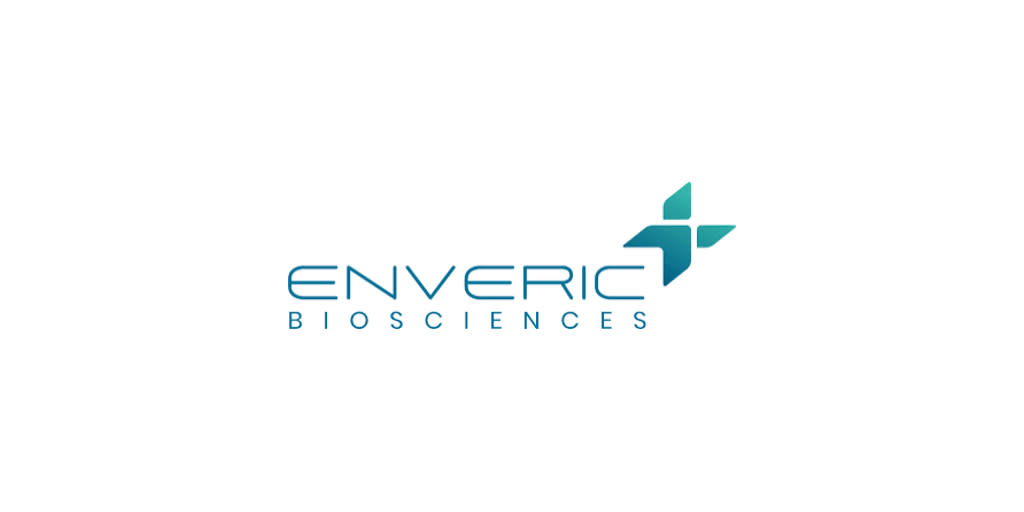Enveric Biosciences Publishes Two Articles on Innovative Bioproduction for Neuropsychiatric Drug Discovery
Enveric Biosciences announces groundbreaking research on bioproduction methods for neuropsychiatric drug development.
Enveric Biosciences (NASDAQ: ENVB), a biotechnology firm focused on advancing neuroplastogenic small molecules for psychiatric and neurological disorders, has released two peer-reviewed papers detailing innovative bioproduction strategies for therapeutic compounds. While their lead candidate EB-003 utilizes established synthetic chemistry methods, these publications showcase the company's commitment to pioneering bioproduction techniques that enhance drug discovery tools. The papers appeared in ACS Chemical Biology and BioDesign Research.
The first paper, titled “Bioproduction of a Large-Scale Library of Tryptamine Derivatives for Neuropsychiatric Drug Screening,” reveals how researchers engineered microbial systems to generate a diverse array of indolethylamine derivatives, crucial for neuroplastogen drug discovery. The initiative resulted in the creation of 279 compounds, including 17 novel N-acetylated molecules that were purified and evaluated for activity across receptors associated with psychiatric diseases. Nearly all of these compounds interacted with the melatonin (MT1) receptor, with several also affecting serotonin receptor subtypes. The findings indicate that microbial bioproduction can efficiently produce extensive libraries of molecules suitable for high-throughput screening in neuropsychiatric research.
The second paper, “Bioproduction of 3,4-Methylenedioxymethamphetamine and Derivatives,” presents the first bioproduction method for MDMA and related compounds. The research team applied an integrated approach utilizing engineered yeast and enzymatic processing to produce phenylacetylcarbinol (PAC) derivatives, which were then processed through a streamlined pathway to yield MDMA and the analog 6-chloro-MDMA. This method offers a novel alternative to traditional chemical synthesis, which relies on controlled precursor materials, and lays the groundwork for optimizing microbial techniques to produce psychoactive derivatives relevant to conditions such as post-traumatic stress disorder (PTSD).
“These publications reflect the innovative work of our scientific team and highlight the progress being made in applying bioproduction approaches to neuropsychiatric drug discovery,” stated Joseph Tucker, Ph.D., Director and CEO of Enveric. “By demonstrating that microbial systems can generate diverse compound libraries and even complex molecules such as MDMA, we are broadening the tools available for identifying new therapeutic candidates. These advances strengthen the scientific foundation of our pipeline and support Enveric’s mission to develop next-generation treatments for psychiatric and neurological disorders.”
Enveric's development team is focused on its lead candidate EB-003, which aims to provide the therapeutic benefits of neuroplastogens while minimizing hallucinatory effects. The company has indicated that EB-003 is likely the first known representative of a novel potential pharmacological class of neuroplastogens, characterized by its dual engagement of the 5-HT₂A and 5-HT₁B receptors. With promising preclinical data backing its unique profile, the company is progressing EB-003 toward an Investigational New Drug (IND) submission, with first-in-human studies expected in 2026.
References:
Bioproduction of a Large-Scale Library of Tryptamine Derivatives for Neuropsychiatric Drug Screening. ACS Chemical Biology. 2025. https://doi.org/10.1021/acschembio.4c00857
Bioproduction of 3,4-Methylenedioxymethamphetamine and Derivatives. BioDesign Research. 2025. https://doi.org/10.1016/j.bidere.2025.100011


















